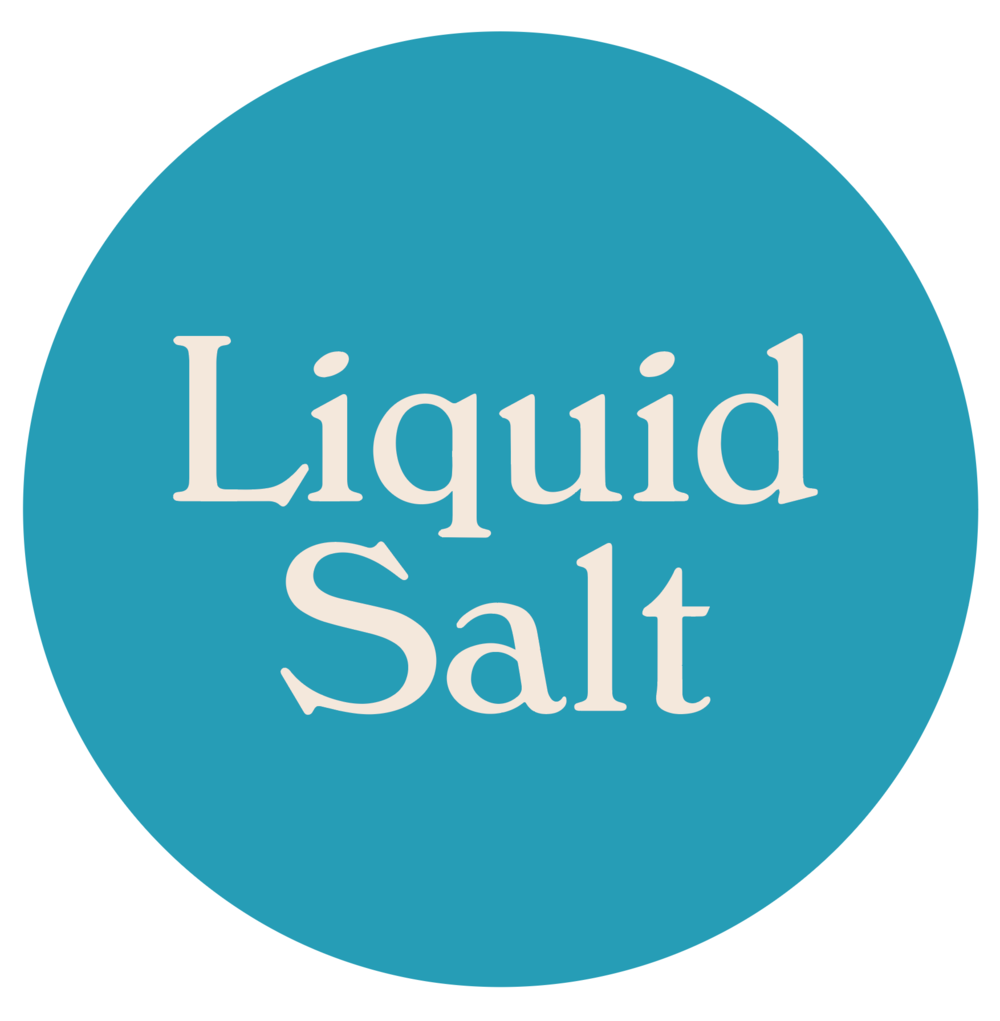Barbarian Days: A Surfing Life
Words and images by Dirk Brandts
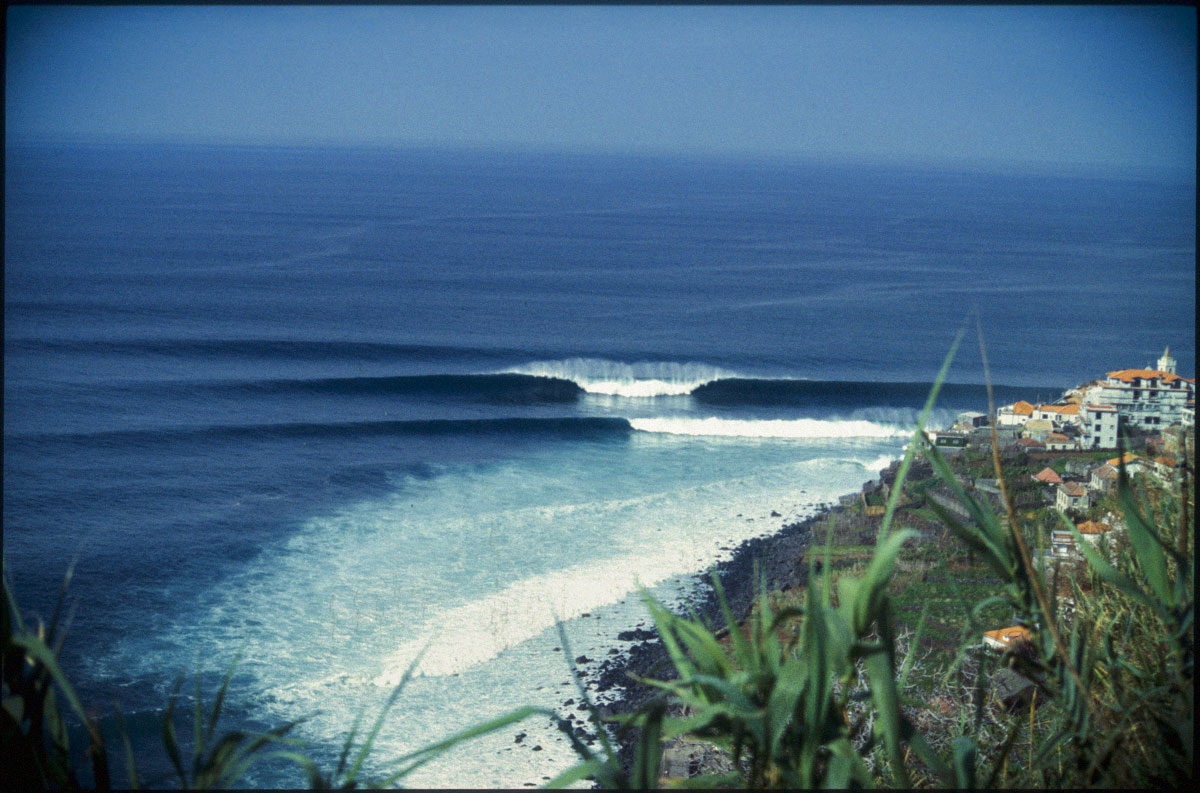
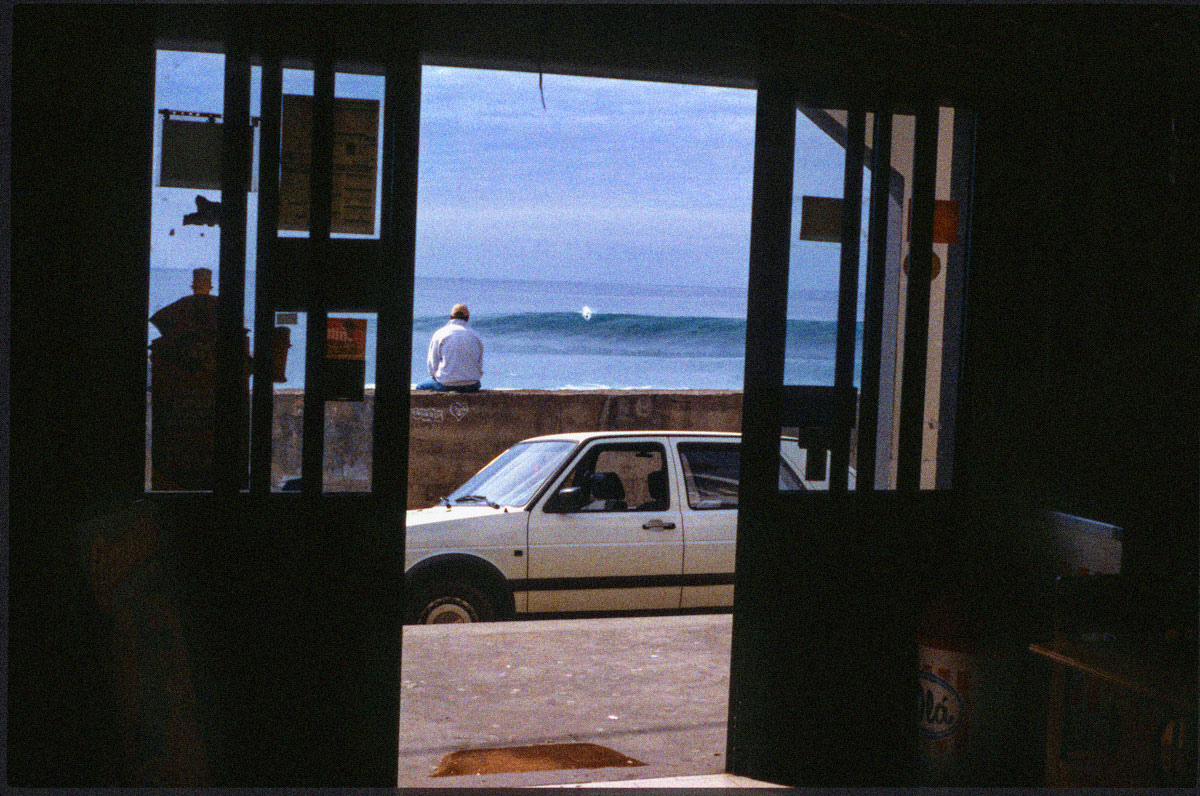
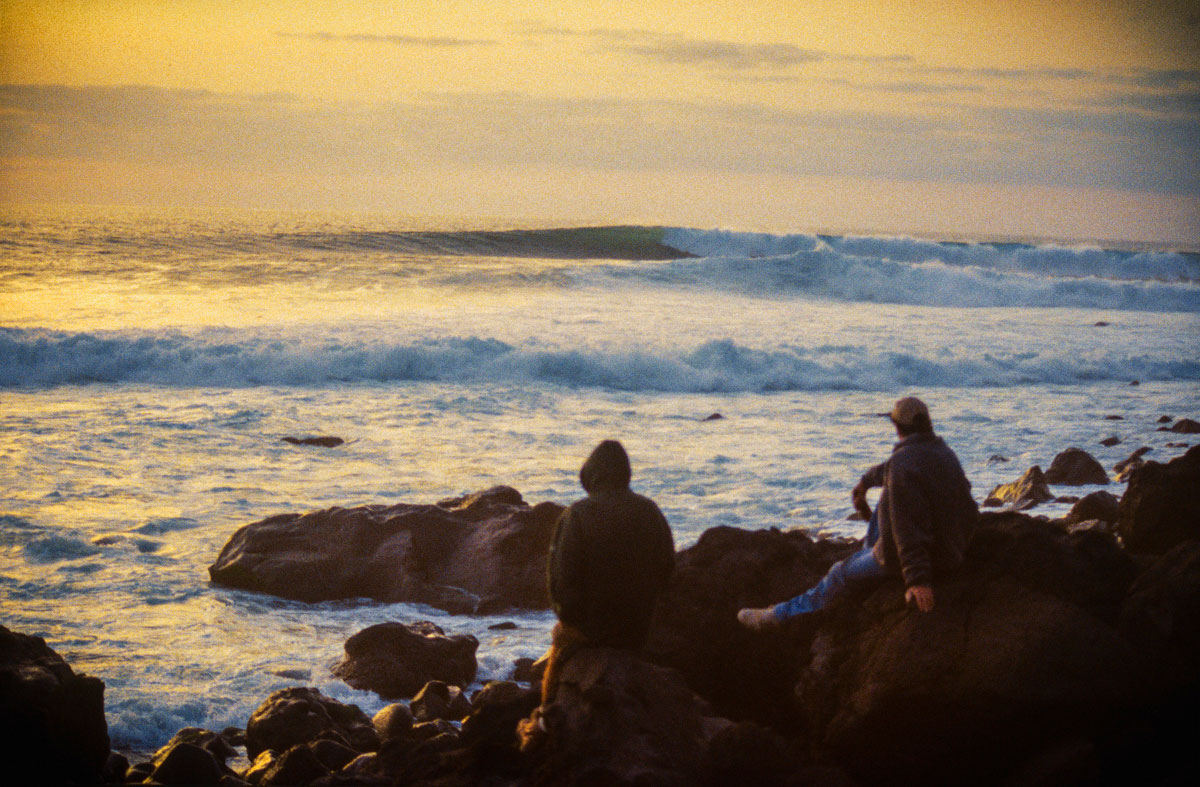
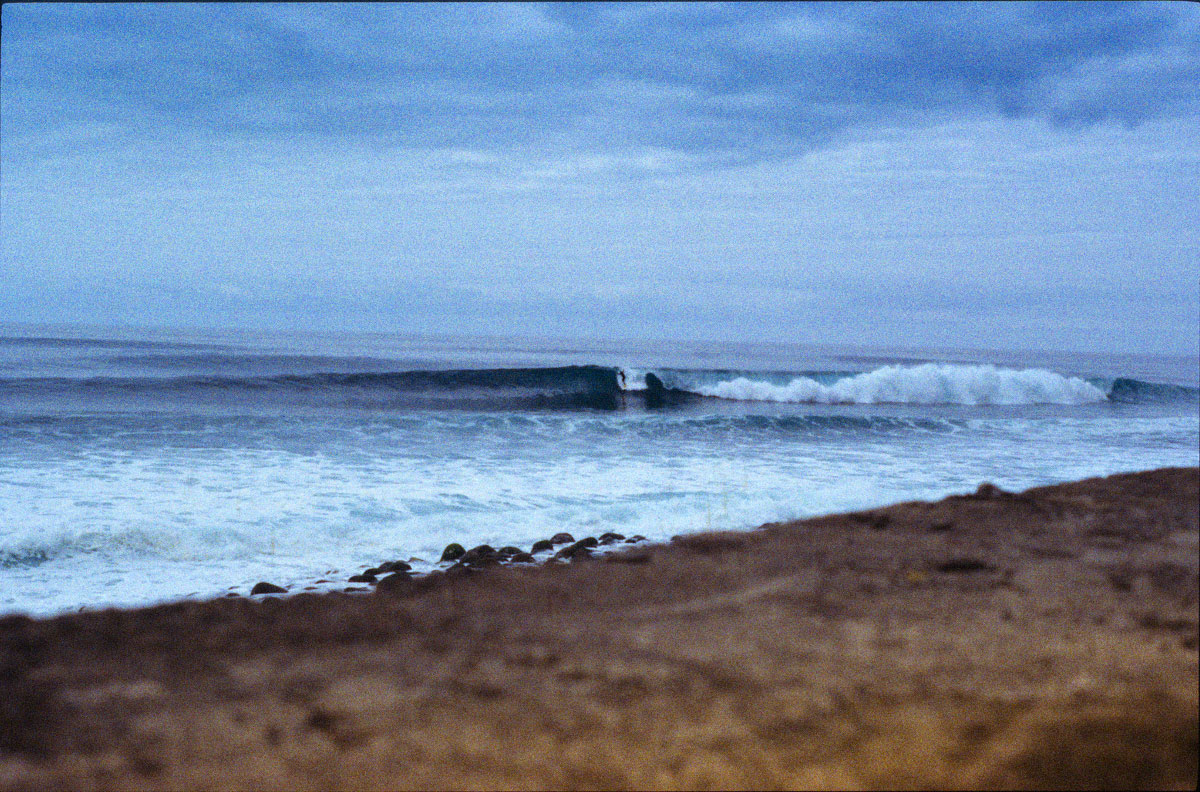
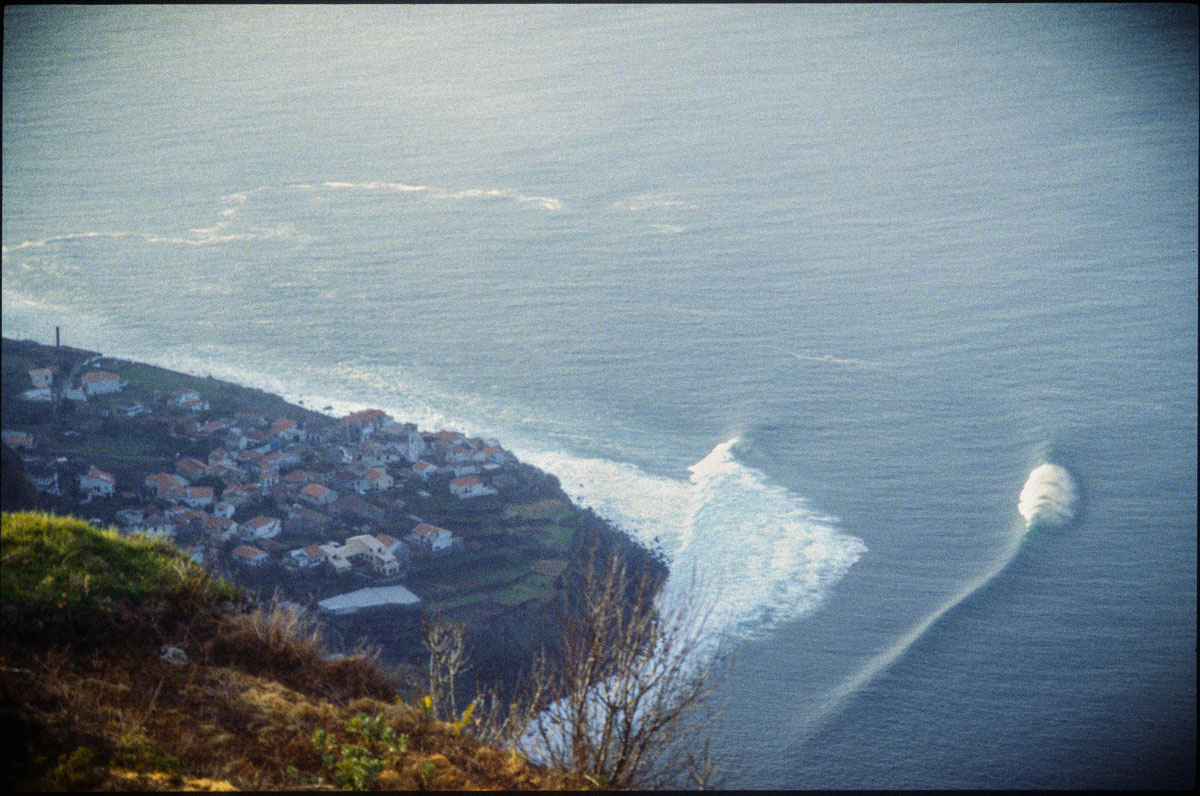
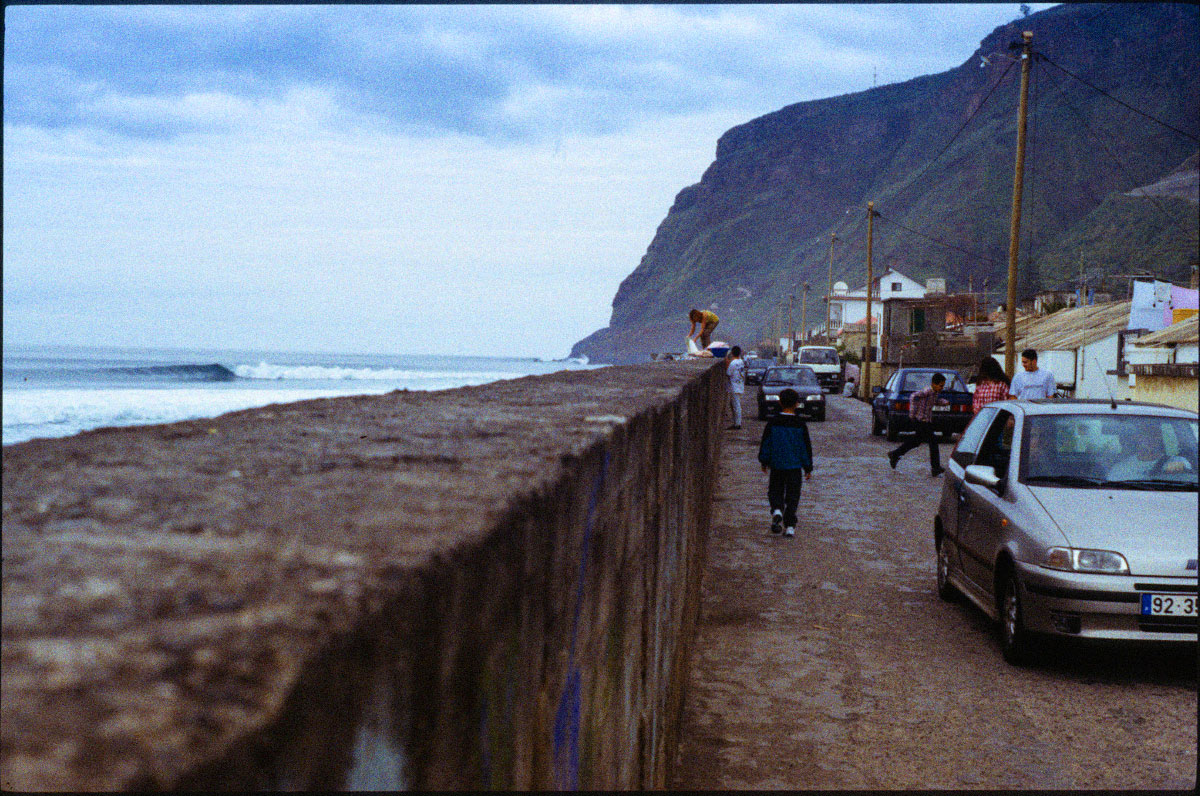
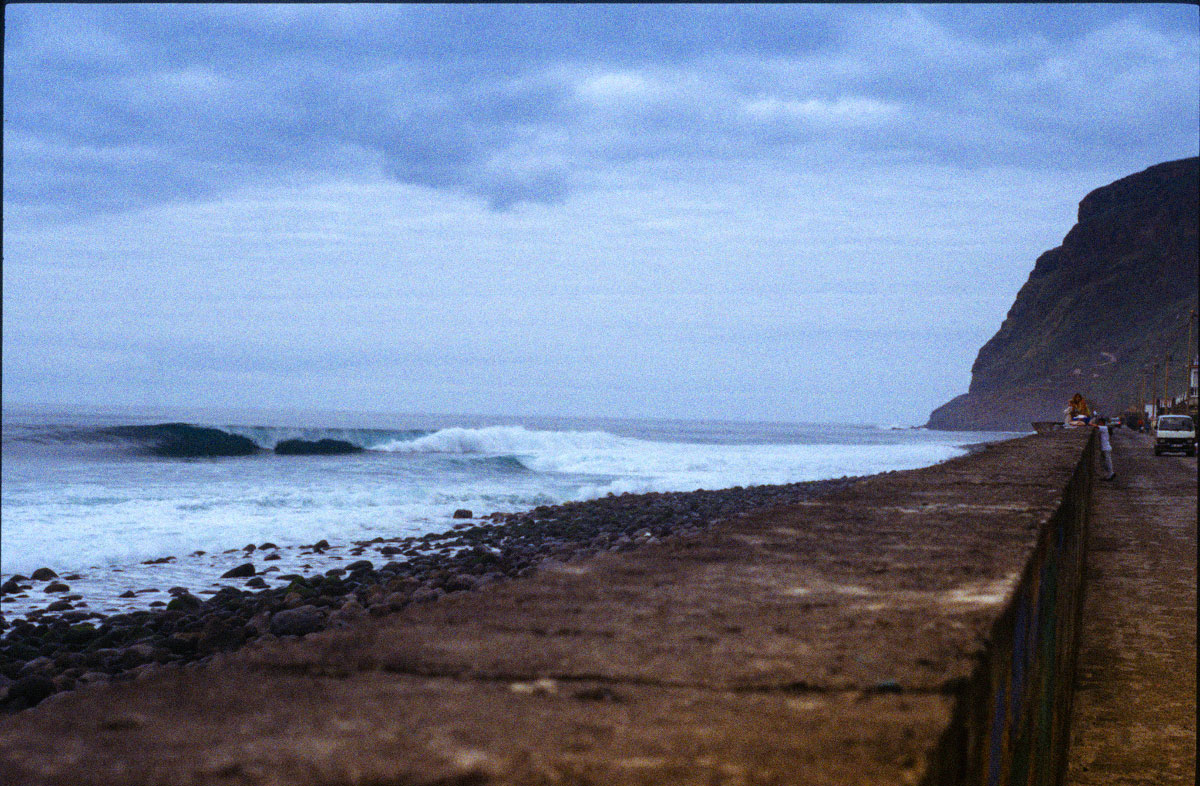
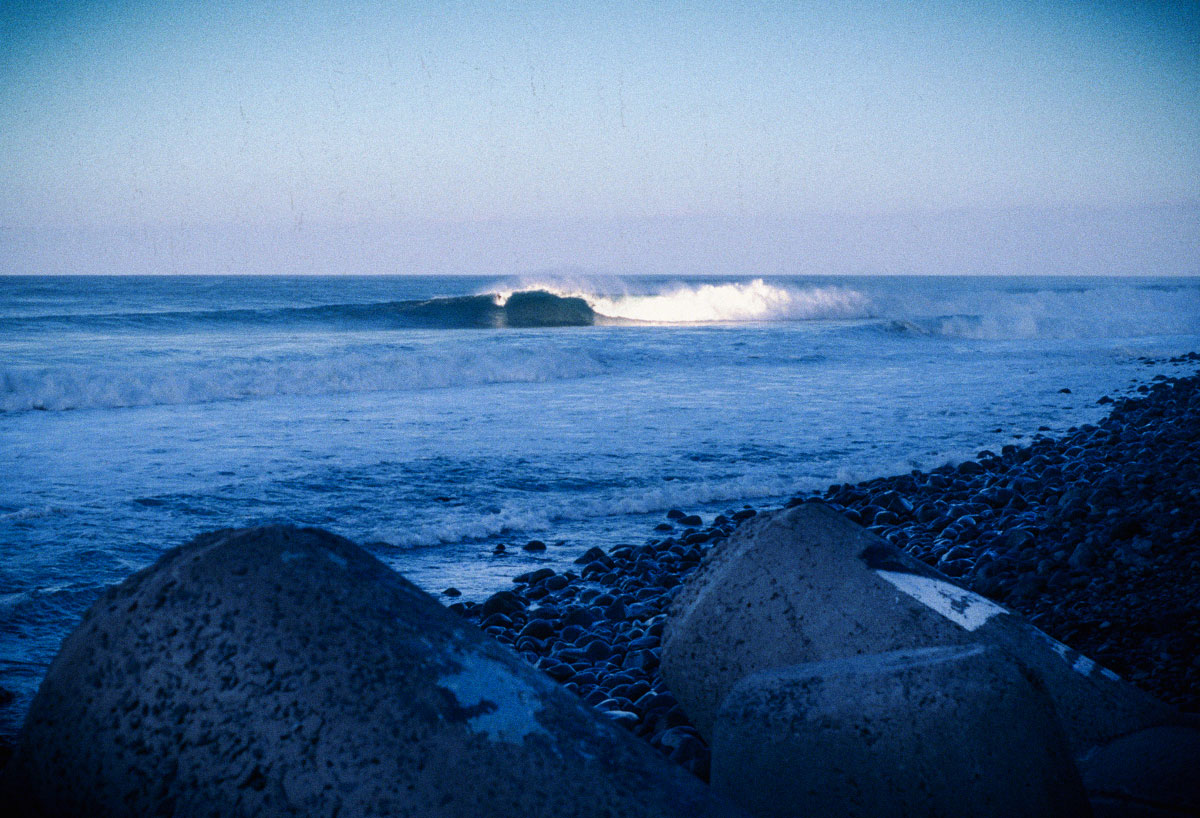
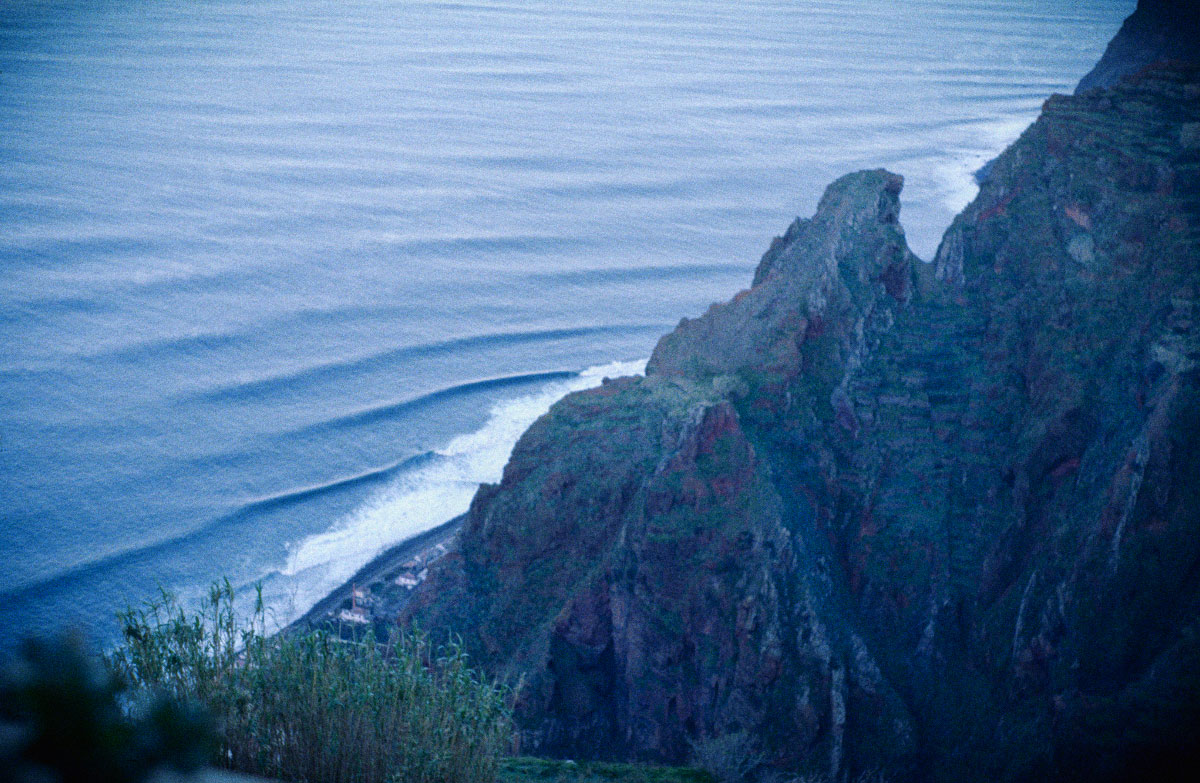
I just read William Finnegan’s Barbarian Days, a fine memoir of his surfing life. I recommend it highly. I’m an unabashed fan, like so many others who read his 1992 two-part essay in The New Yorker called Playing Doc’s Games, which detailed Finnegan’s complex negotiation between his life as a hard-core surfer and an up-and-coming writer. It was a singular milestone because it was the one and only piece that I had ever seen which transcended the surfing milieu as a genre — every other artistic attempt, whether painting or cinema or literature, invariably issued whiffs of kitsch, however faint. I was thrilled and blown away when I read Playing Doc's Games, and not alone in my reaction. Those of us who actually grew up surfing felt a powerful affinity for Finnegan’s authenticity, and those of us who scorned the marketing copy that usually spoke for our game were thrilled to hear an actual literary voice on the page.
In 1997 my old friend Peter Spacek surfed a December swell with me in Santa Barbara while he escaped from the Long Island winter cold. I mentioned Finnegan’s New Yorker article and raved about it. “That thing was so damn good! I’m going to try and write to that guy to tell him!” Spacek kind of chuckled. “I know Bill. We're taking a surf trip together in a few weeks, why don’t you come along and tell him in person?” With that turn of events, I subsequently enjoyed several days in conversation with Finnegan while we roomed together and surfed to exhaustion all around a distant Atlantic island. I had read some of his other articles and books, and was curious to ask him about all sorts of things. He had lived in Africa (I had lived in Africa), he had surfed in Fiji (I had surfed in Fiji), he had gone to UC Santa Cruz (I had gone to UC Santa Cruz) -- there were lots of parallels, and I had a grand time sharing and comparing. I was impressed by the adept way that he cross-referenced and fact-checked everything as a matter of course, even when doing something as simple as asking directions of a peasant girl on a country road. There were some golden moments, but one of my favorites occurred after the two of us surfed one of the large and perilous points alone. Once the sun set, we faced a tiring half-mile paddle back to the fishing village where the road began. We swung way out into nighttime’s deep black water to avoid getting caught by sets or pushed by the side-shore currents, and then settled into a long and steady pace that allowed us to converse freely while still making important progress homeward. I was keenly aware and yet serenely unconcerned that opposite the tiny flickering lights of the fishing village off of our starboard bow was an unbroken expanse of fathomless Atlantic ocean that flowed all the way to Antarctica. We just paddled and talked in the dark, and finally, almost wordlessly, hauled ourselves out onto the slippery stone quay.
Time and again, in magnificent sequences that eventually encircle the planet, he tries to deliver an honest and sincere account of his experience, weaving his interior perceptions through the objectively structural facts of the matter.
When I was a young boy, in the late 1950s, my father worked as a Long Beach Lifeguard while he put himself through grad school. Besides the dedicated lifers, his colleagues were an eclectic bunch of jazz drummers, painters, beat poets, architects, wave riders, and other cultural loose ends. Their whole lifeguard trip had a wonderfully romantic aura to it, and I remember one of the themes that they pondered was the question of whether or not this quality could be represented in a novel or a painting or a song. The general consensus was “no way,” or at least not in any genuine sense that would be meaningful to people who lived it. The real thing -- the sound, the light, the scents, the forces -- was just so sublime as to defy communication. I carried that question with me through life, and asked it often with respect to surfing. I was continuously disappointed with the answer until I came across Finnegan’s approach, and it renewed my hope.
In his new memoir Barbarian Days: A Surfing Life, Finnegan is explicit that “nearly all of what happens in the water is ineffable – language is no help.” And yet, what is a writer to do? Time and again, in magnificent sequences that eventually encircle the planet, he tries to deliver an honest and sincere account of his experience, weaving his interior perceptions through the objectively structural facts of the matter. If language isn’t sufficient to handle it all, it’s not for lack of skill on his part. As a professional reporter, he’s obliged to explain and translate for the non-surfing reader, and certain passages accommodate that duty, as for example when he explains the mysterious ways in which surfers judge and describe wave heights. But when he isn’t taking care of matters-of-fact, his writing sticks close to the personal memoir, which has a lucidly lyrical quality. His introspection is fluent and telling, and perhaps it was these passages which beckoned the ineffable more than any others in my read.
“Barbarian Days” is the story of a series of overlapping companionships. It’s a picture of Finnegan in relation to, which is an order of magnitude more complex and interesting than simple “look at me.”
Surfing is a profoundly selfish pursuit. Its lore is fraught with superlatives. Older riders quickly become “legends,” because their youthful exploits were “epic.” The beautiful wave right in front of one’s eyes can easily be a “classic.” Any given surf spot can sustain a throng of narcissists and sociopaths. Self-mythologizing is rampant, and yet the average surfer is the least qualified to make that judgement of self. That may partly account for all of the artistic shortfalls which disappoint me. Nevertheless, in something of a paradox given that he’s written a surfing memoir, William Finnegan manages to avoid that embarrassment. I think he has achieved that for two chief reasons -- the first being his formidable skill as a reporter, and years of experience and practice at situating himself inside other larger scenes without hogging the frame, as it were. And second, Barbarian Days is the story of a series of overlapping companionships. It’s a picture of Finnegan in relation to, which is an order of magnitude more complex and interesting than simple “look at me.” The best of the book’s motion and progress occur as he negotiates other people’s terms, and the core body of his surfing adventures are intricately tied to specific characters who shape and energize and cast his circumstance. I can’t help believing that, without such characters, his surfing fate would have been less fortuitous and noteworthy -- who can say? But there’s a life lesson in there if you can read it. Choose your travel companions wisely, and valorous good fortune may find you too on the road.
I only stayed in touch with Bill for a while after we surfed together, but I paid attention to his ongoing work. I eagerly scanned each fresh issue of the New Yorker for his byline, and I noted with excitement that he was preparing a memoir of his life as a surfer. I was confident that it would be a superb piece of literature, and a mainstay of its kind. Now having read the book, all of the questions that I was unable to broach with him years ago have been answered in full. My sense of what can be done with the surfing genre is restored. And as for grasping at the ineffable, I’m no longer disappointed in the form – Barbarian Days is a legendary classic epic.
Artist and film producer Dirk Brandts lives in Santa Barbara, California. In 2009 he abandoned hard boards and surrendered to destiny in order to ride surf mats full time. William Finnegan's Barbarian Days is published by Penguin Press and is available for purchase here.
